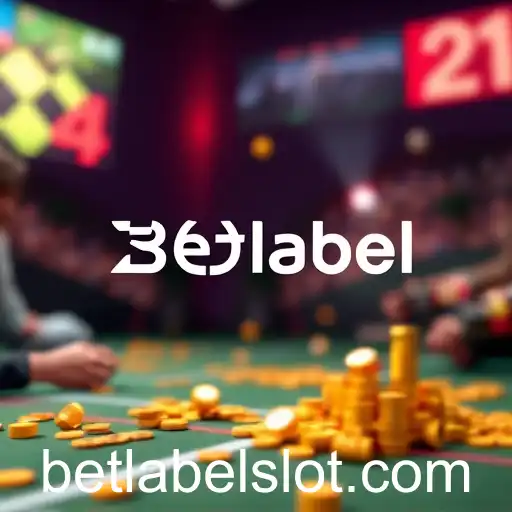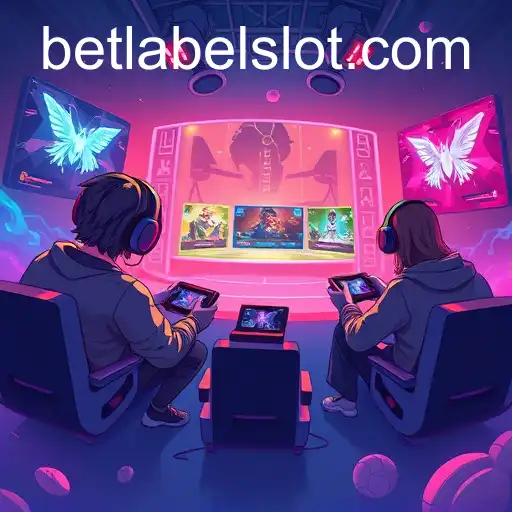Simulation Worlds


Exploring the Depth of Simulation Worlds: More Than Just Games

In the realm of interactive entertainment, simulation worlds have carved out a unique niche that attracts players with its immersive, detailed environments, and complex systems. These virtual landscapes offer players the possibility to experience and manipulate worlds that mirror real-life processes or explore completely imaginative scenarios. With the keyword 'betlabel' guiding the exploration in this article, we look at how simulation games transcend mere entertainment to become educational and transformative experiences.
Simulation games thrive on the principle of 'sandbox' play, where players have the freedom to create, build, and manage aspects of the world they are plunged into. Popular examples like 'The Sims' series, 'Cities: Skylines,' and 'Planet Coaster' allow players to perform godlike acts, building communities, managing resources, or constructing elaborate theme parks. This genre has expanded significantly, going beyond traditional city-building or life simulation forms, to include intricate simulations like farming with 'Farming Simulator' or even space exploration with 'Kerbal Space Program.'
These games often come equipped with highly detailed mechanics that demand strategic planning and efficient resource management. Players find themselves facing realistic challenges, such as budgeting in 'SimCity' or balancing the ecosystem in 'Zoo Tycoon,' pushing them to hone problem-solving skills. This dual role of education and entertainment illustrates why simulation worlds have become not only popular for casual gamers but have also been incorporated into educational settings.
Moreover, the rise of VR (virtual reality) technology is set to revolutionize simulation games further. The immersive technology offers a more profound experience, giving players the illusion of stepping into these virtual worlds, thereby enhancing the realism and engagement of simulation games. Players wearing VR headsets can walk through the cities they've built, interact with citizens, and implement changes with even greater detail and immediacy.
Interestingly, the keyword 'betlabel' suggests a unique intersection between simulations and predictive modeling. By utilizing computational power to simulate complex scenarios, these games can also serve as predictive tools in real-world applications. Businesses might use similar simulations for market predictions, infrastructure stress tests, or even to model environmental changes. Thus, simulation games not only entertain but also provide a framework for analyzing real-world complexities.
As game developers continue to innovate and expand the boundaries of what simulation technology can achieve, the future looks promising for this genre. From the classroom to professional settings, simulation worlds empower users by providing virtual spaces to test theories, strategize solutions, and most importantly, engage the imagination on a transformative level.
Betlabel Revolutionizes Online Gaming Landscape
Exploring how Betlabel is transforming the online gaming industry with cutting-edge technologies and innovative user experiences.
Betlabel's Impact on Online Gaming in 2025
Explore how Betlabel has influenced the online gaming landscape in 2025, shaping industry trends and consumer behavior.
Betlabel Emerges as a Leader in Online Gaming
The rise of the online gaming platform Betlabel amidst digital transformations and current global events.
 Skip to content
Skip to content




